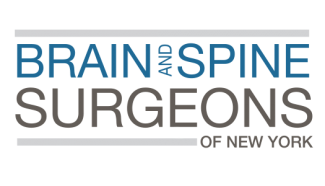
Moyamoya Disease
Moyamoya disease or Moyamoya syndrome is a very rare, but extremely serious pediatric condition. Children who suffer from this disease have narrowed and thickened internal carotid arteries. The carotid arteries are responsible for supplying blood to the important areas of the brain.
Because these arteries are thickened and narrowed, the natural flow of oxygen-rich blood to the child’s developing brain begins to slow down gradually. The constriction also increases the probability of blood clot formation.
Symptoms
The initial symptom of Moyamoya disease is typically a stroke or a mini-stroke, which is medically referred to as recurrent transient ischemic attacks. These symptoms may be accompanied by seizures or paralysis and muscle weakening on one side of the body. Children may also experience cognitive decline and headaches.
Treatment
One of the most common medical recommendations for Moyamoya disease is aspirin, which may be an effective way to bolster blood flow to the brain. However, most children who suffer from Moyamoya syndrome will require surgery to restore oxygen-rich blood supply to the brain.
The encephalo-duro-arterio-synangiosis (EDAS) treatment is an indirect bypass method of revascularization. During EDAS, a temporal superficial artery is connected to the surface of the brain. A hole is then created in the skull beneath the artery, which is sutured to the brain surface. Over time, the process of angiogenesis forms small, arterial vessels to the brain. It usually takes anywhere from six to eight weeks after the procedure for the new blood supply to form.










